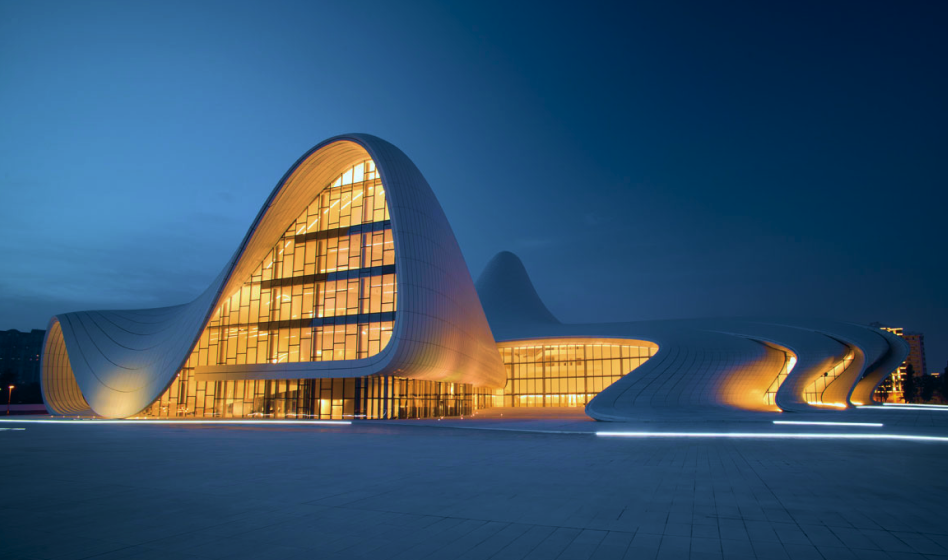
Azerbaijan occupies an area that fringes the southern flanks of the Caucasus Mountains, it is bounded on the north by Russia, on the east by the Caspian Sea, on the south by Iran, on the west by Armenia, and on the northwest by Georgia. The capital of Azerbaijan is the ancient city of Baku (Bakı), whose harbor is the best on the Caspian Sea. In addition to its variegated and often beautiful terrain, Azerbaijan offers a blend of traditions and modern development.
The people of its remoter areas retain many distinctive folk traditions, but the lives of its inhabitants have been much influenced by accelerating modernization, characterized by industrialization, the development of power resources, and the growth of the cities, in which more than half the people now live. Industry dominates the economy, and more-diversified pursuits have supplemented the exploitation of oil, of which Azerbaijan was the world’s leading producer at the beginning of the 20th century. Fine horses and caviar continue as some of the more distinctive traditional exports of the republic. Azerbaijan is one of the most secular Muslim nations that constitutionally allows freedom of religion to its citizens. The official language is Azerbaijani, which is the mother tongue of the majority of its circa 10-million citizens.
Climate: The dry subtropical climate of central and eastern Azerbaijan is characterized by a mild winter and a long (four to five months) and very hot summer, with temperatures averaging about 81 °F (27 °C) and maximum temperatures reaching 109 °F (43 °C). Southeastern Azerbaijan is characterized by a humid subtropical climate with the highest precipitation in the country, some 47 to 55 inches (1,200 to 1,400 millimeters) a year, most of it falling in the cold months.